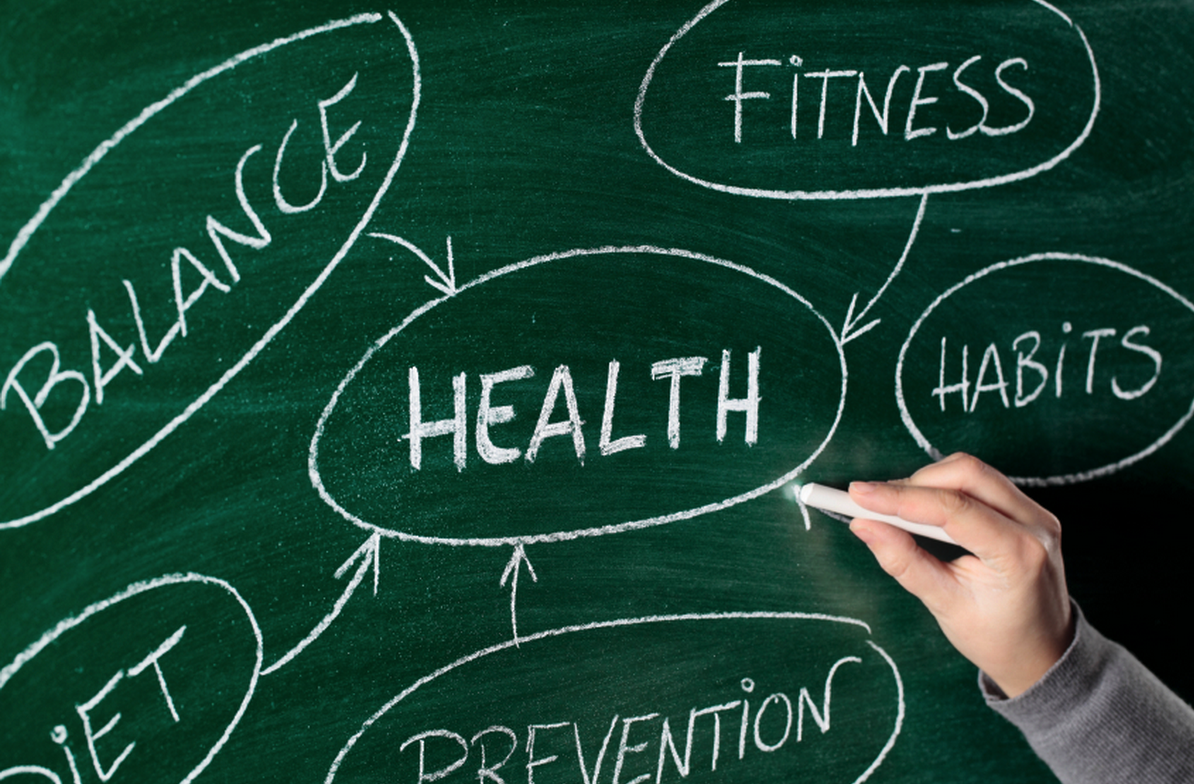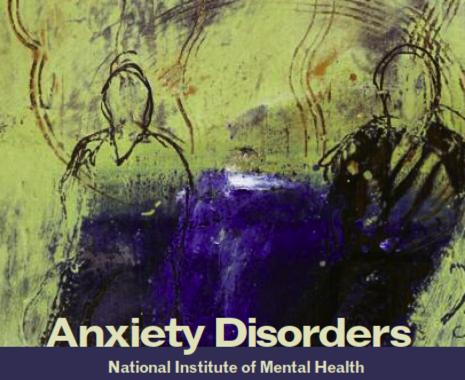One-Third of Teens Have a Mental Disorder and a Physical Disease

 Based on a study of 6500 US teenagers, 1/3 of teens have a Mental Health Disorder & a Physical Disease.
Based on a study of 6500 US teenagers, 1/3 of teens have a Mental Health Disorder & a Physical Disease.
Mental Health update | This is a strong statement, with that we need / want to know more, understand cause-effect, etc.
Here is what they found: More often than average, depression occurs together with diseases of the digestive system, eating disorders with seizures and anxiety disorders together with arthritis, heart disease as well as diseases of the digestive system.
According to the WHO, chronic physical disease and mental disorders are challenging the health care systems and have advanced into the focus of public health authorities worldwide in recent years. Previous adult studies suggest that physical disease and mental disorders not only randomly but also systematically co-occur.
- Depression comes with indigestion
The researchers found that more than a third (35.3%) of children and adolescents reported at least one mental disorder and one chronic physical disease. The strongest correlation was found between affective disorders (e.g. depression) and diseases of the digestive system.
Adolescents with anxiety disorders were also suffering above-average from arthritis, heart disease and diseases of the digestive system. Similar correlations occurred between eating disorders and seizures (epilepsy). Factors such as age, gender or socioeconomic status of the adolescents did not account for these associations.
 Due to the cross-sectional design of the study, the results do not show if and how mental disorders and physical disease are also connected causally. "Future studies should identify risk factors as well as the biological and psychological mechanisms responsible for these associations, in order to develop interdisciplinary approaches", explains Maion Tegethoff, first-author of the study.
Due to the cross-sectional design of the study, the results do not show if and how mental disorders and physical disease are also connected causally. "Future studies should identify risk factors as well as the biological and psychological mechanisms responsible for these associations, in order to develop interdisciplinary approaches", explains Maion Tegethoff, first-author of the study.
Such treatment should take into account both the physical disease as well as the mental disorder. This would lead to better health care for children and adolescents and would prevent unfavorable long-term effects for individuals as well as for the health care system in general.
These findings were reported by researchers from the University of Basel and the Ruhr-Universität Bochum. Their results have been published in the scientific journal "Psychosomatic Medicine".
Pulling information from both Mental Health and Physical Health sounds like the right thing to do. We have been taking this into account for years, yet the advancement in technology and information gathering has increased our ability to formulate connections of the body as a whole, leading to cause - effect. We look forward to more studies to better the goals of getting patients what they need to lead productive lives.



.jpg)